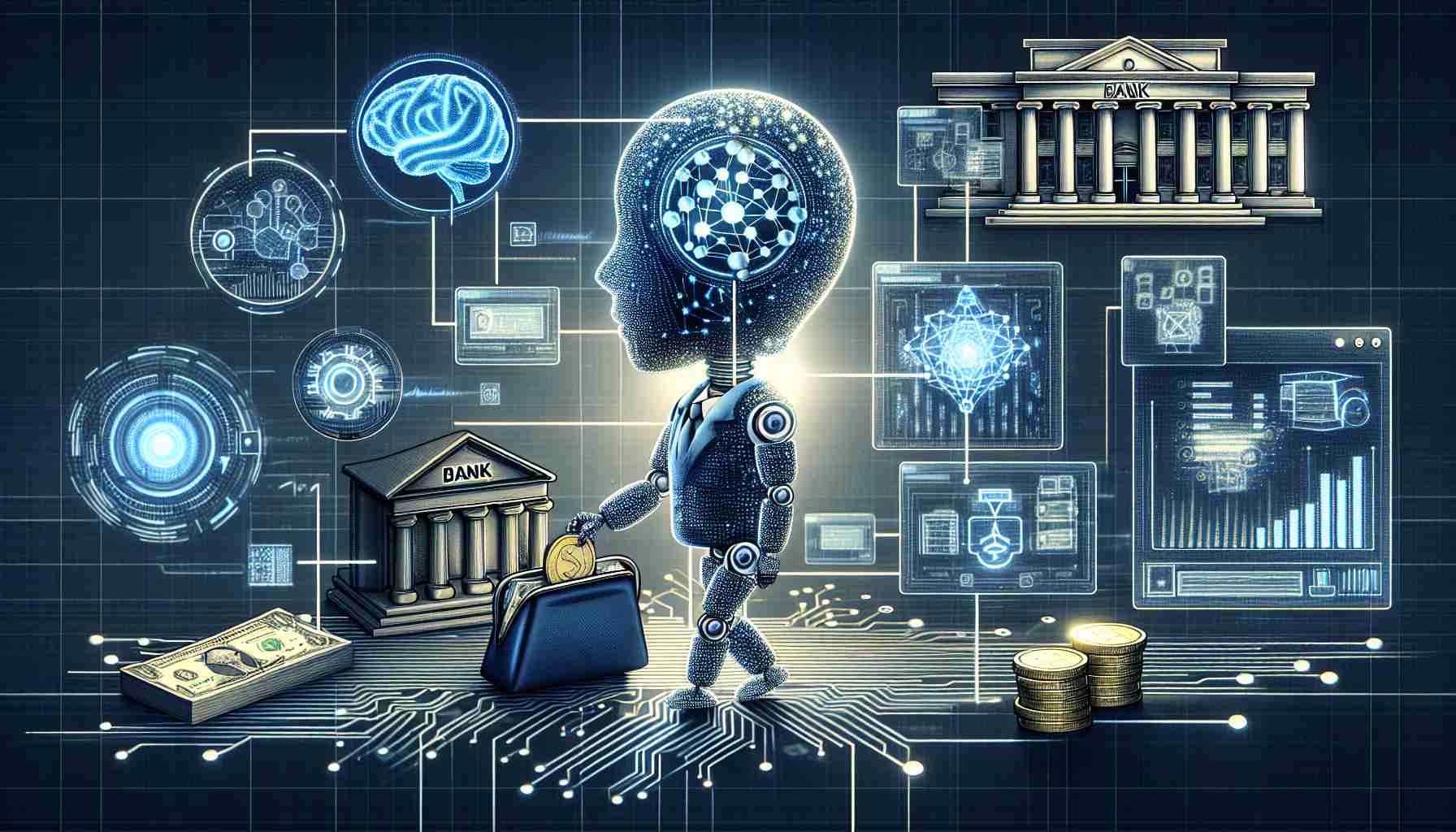Artificial intelligence (AI) is anticipated to revolutionize the banking sector, potentially displacing a significant number of jobs while also creating new opportunities. According to experts, over half of all banking jobs have considerable potential for automation.
Financial institutions like banks are expected to recruit a considerable number of AI managers and legal experts specialized in AI to adapt to the changing landscape. Despite the automation of certain tasks, the overall impact on employment in the sector may not necessarily lead to a decrease in the workforce.
Recent trends show that major banks worldwide are gradually embracing AI experimentation to enhance workforce productivity and reduce costs. The International Monetary Fund (IMF) has raised concerns about the widespread adoption of AI applications like AI chatbots taking over human roles and potentially affecting nearly 40% of jobs globally.
IMF Managing Director Kristalina Georgieva highlighted the dual nature of AI’s impact, acknowledging that wealthy nations are likely to benefit significantly from the technology. However, she also cautioned that job losses and wage pressures could be potential side effects of increased AI integration across various industries, including banking.
Additional relevant facts about the impact of artificial intelligence (AI) on the banking sector include:
– AI technologies such as machine learning algorithms are being used for fraud detection and prevention in banks, improving security measures.
– Personalized customer service through AI-powered chatbots and virtual assistants is gaining popularity in the banking industry, enhancing customer experiences.
– AI is also being utilized for credit scoring and risk assessment, helping banks make more accurate lending decisions.
Key Questions:
1. How can banks effectively balance the implementation of AI to increase efficiency while maintaining a human touch in customer interactions?
2. What regulatory challenges and ethical considerations arise with the use of AI in banking, particularly in decision-making processes?
3. How can employees in the banking sector upskill and reskill to adapt to the changing demands brought about by AI integration?
Advantages of AI in Banking:
– Enhanced operational efficiency and cost reduction through automation of repetitive tasks.
– Improved accuracy in decision-making processes, leading to better risk management and fraud prevention.
– Enhanced customer experience with personalized services and faster response times.
Disadvantages of AI in Banking:
– Potential job displacement and reorganization of the workforce due to automation.
– Risks of algorithmic bias and lack of transparency in AI decision-making processes.
– Increased cybersecurity threats as AI technologies become more integrated into banking systems.
Key Challenges:
– Ensuring data privacy and maintaining customer trust in AI-driven banking services.
– Addressing the skills gap among employees to effectively work alongside AI technologies.
– Adhering to regulatory guidelines and ethical standards in AI implementation to avoid negative consequences.
For further insights on the impact of AI in banking, you can visit the International Monetary Fund website for relevant reports and articles on the subject.

